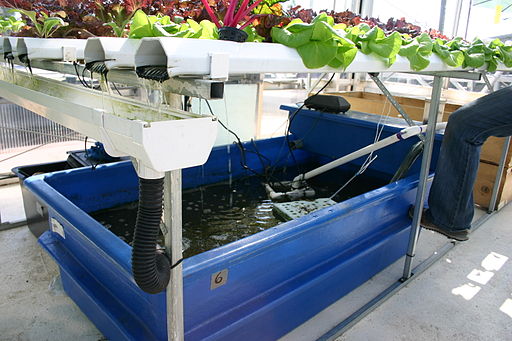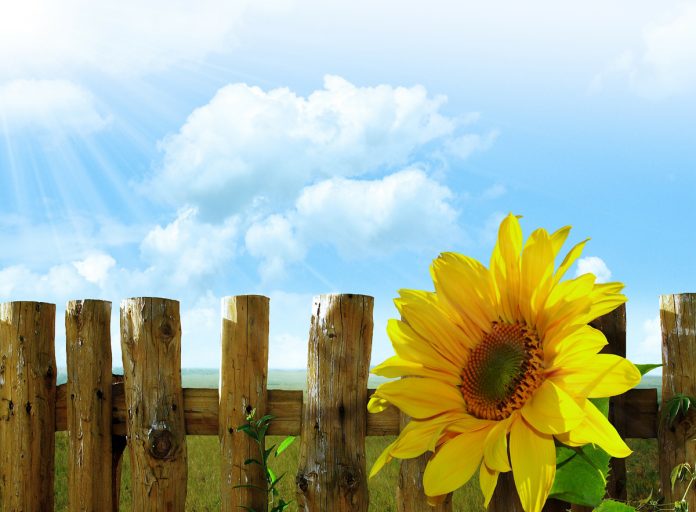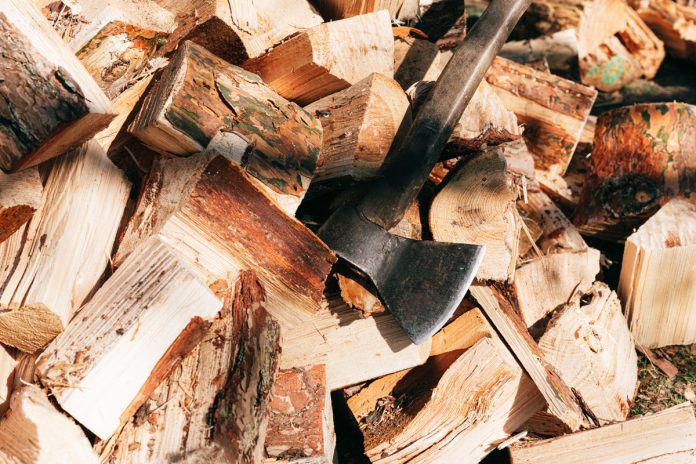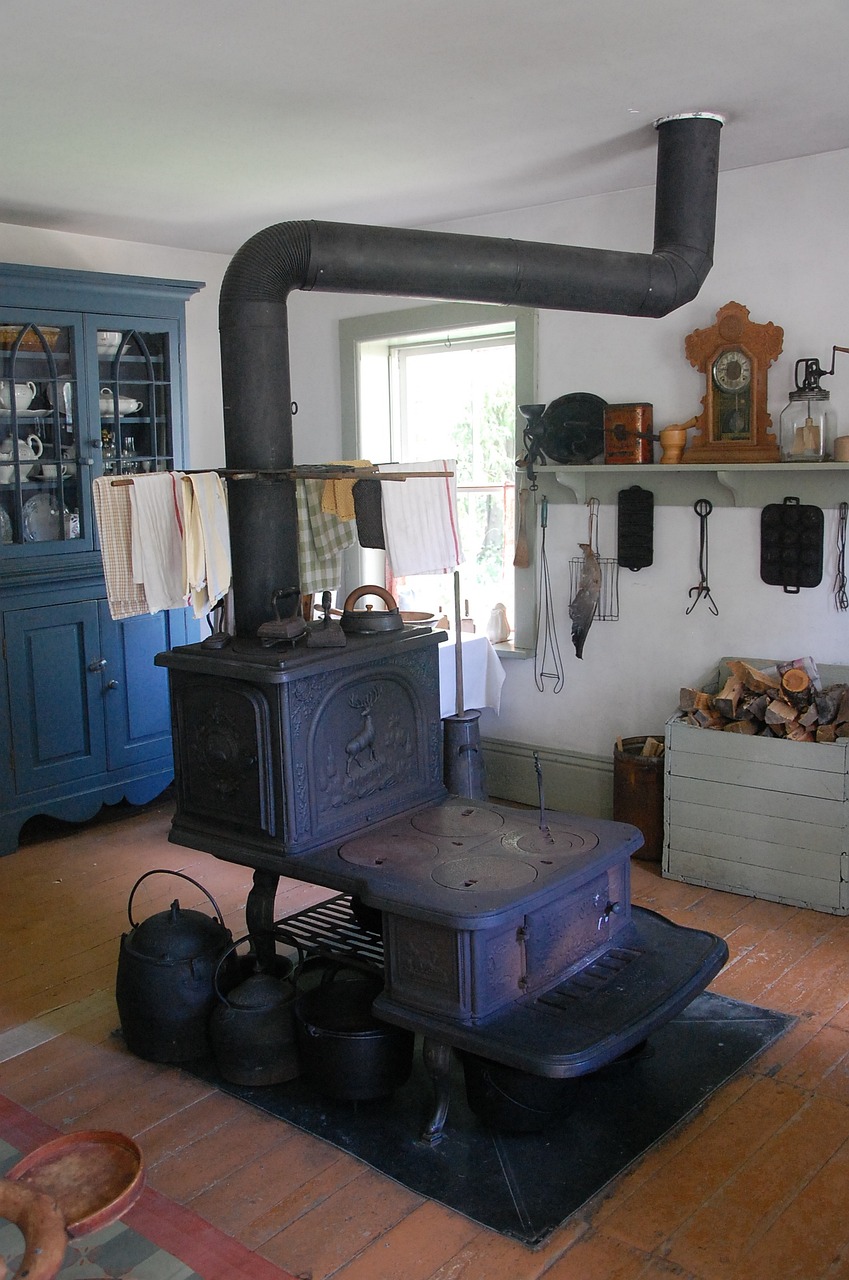Advantages and Tips to Get Started with Off Grid Living

In our rapidly changing world, more individuals are yearning for a self-sufficient lifestyle disconnected from the grid’s reliance on natural resources. Embracing off-grid living allows individuals to reduce their ecological footprint, unlock a lesser-known version of true freedom, and become stewards of sustainability. This article endeavors to provide a comprehensive guide on how to get started with off-grid living, conveying the fundamentals necessary to embark on this transformative journey.
- Evaluating and Planning for Off-Grid Living
The first step towards off-grid living is to assess your energy consumption patterns and establish a realistic vision. Consider your location, regulations, and financial capabilities. Create a comprehensive list of essential needs, including energy, water, shelter, and food requirements. Strive for energy efficiency and sustainability by investing in insulation, energy-efficient appliances, and low-energy lighting solutions.
- Tapping into Renewable Energy Sources
One of the cornerstones of off-grid living is utilizing renewable energy sources such as solar, wind, and hydroelectric systems. Analyze your region’s renewable energy potential and design a system that suits your energy requirements. Invest in solar panels, wind turbines, or micro-hydro generators as per your location’s feasibility and integrate backup battery systems for uninterrupted power supply.
- Conserving Water Resources
Off-grid living thrives on the conservation and responsible use of water resources. Employ rainwater harvesting techniques, such as installing roof gutters, rain barrels, and storage tanks. Utilize filtration systems to ensure potable water access and explore greywater recycling methods for irrigation purposes. Implement low-flow fixtures, water-efficient appliances, and adopt conscious water usage habits to minimize wastage.
- Embracing Sustainable Agriculture
Growing your own food is a paramount aspect of off-grid living. Start by acquiring knowledge on permaculture, a sustainable agriculture practice that mimics natural ecosystems. Develop a self-sustaining edible garden through companion planting, organic fertilizers, composting, and water-wise irrigation systems. Complement your garden by raising small livestock or participating in community-supported agriculture initiatives.
- Enhancing Self-Sufficiency
Off-grid living fosters the pursuit of self-sufficiency through resourcefulness and resilience. Learn practical skills like carpentry, plumbing, and basic electrical work to solve everyday challenges. Build a storage system for non-perishable food, implement preservation techniques like canning or dehydrating, and explore alternative cooking methods such as solar or wood-fired ovens. Develop a mindset of self-reliance, adaptability, and preparedness for emergencies.
- Accessing and Filtering Information
Living off the grid doesn’t equate to disconnection. Leverage modern technology to access information, stay connected, and learn from like-minded communities. Utilize satellite internet, online forums, and educational resources on sustainable living, alternative energy systems, and eco-friendly practices. Share your experiences and learn from others who have successfully embraced off-grid lifestyles.
Embrace The Journey
Off-grid living is a transformative lifestyle choice that nurtures self-sufficiency, environmental stewardship, and a deeper connection with nature. By evaluating your needs, harnessing renewable energy, conserving water, embracing sustainable agriculture, and enhancing self-sufficiency, you can embark on this remarkable journey. Embrace the possibilities and unlock a life of sustainable independence, fostering a brighter future for yourself and our planet.
The Author:
Pioneerthinking.com – Ingredients for a Simple Life.
Photo. Mrillustration








